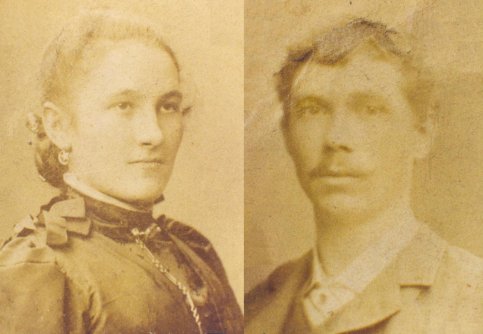
September 6th, 1897
He was born in Agrate Brianza, Milan. Italy.
September 22nd, 1902
He lost his mother, Stella Porta.
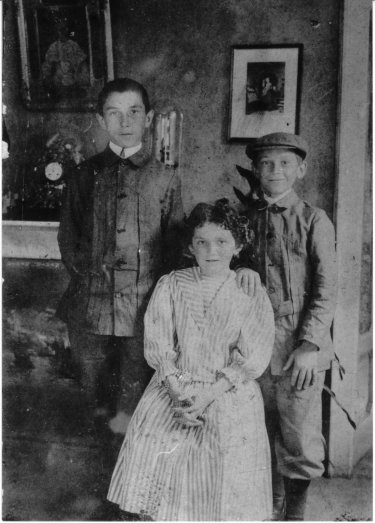
January 8th, 1905
He lost his father, Attilio, and was entrusted to his maternal grandparents who lived at cascina
(farmstead) Fabbrica in Agrate.
In Agrate he attended the first three classes of primary school and the fourth class in Caponago,
as it was not yet actuated in Agrate.
1908 / 1913
He attended classical studies at st Joseph’s Institute in Monza thanks to the monetary help of his maternal uncles, don Emilio, parish priest in Bussero, and don Francesco, parish prist of St Mark’s in Milan.
1913
He entered the diocesan seminary of St Peter Martyr in Seveso (MI).
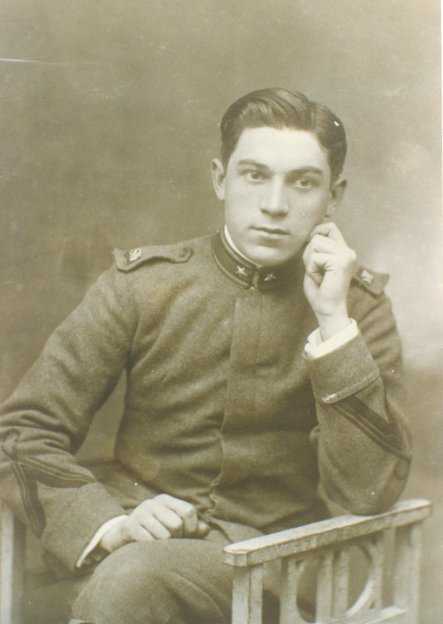
August 11th 1916
He was called to arms and took part in the 1st World War, and was awarded four medals.
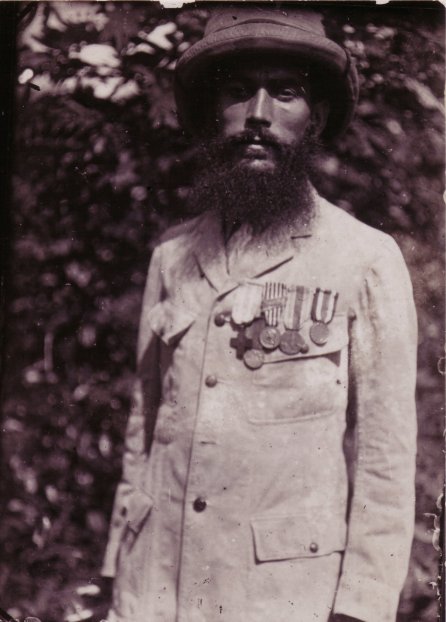
1919
At the end of World War I, he left the army as Sergeant Major.
1920
On April 21st he entered the Lombardy Missionary Institute, now called PIME.
His choice was passionate and irreversible.
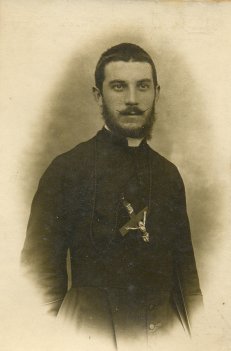
May 26th 1923
He was ordained priest in Milan Cathedral and on August 2nd he left from Venice for Burma. He reached Toungoo in September.
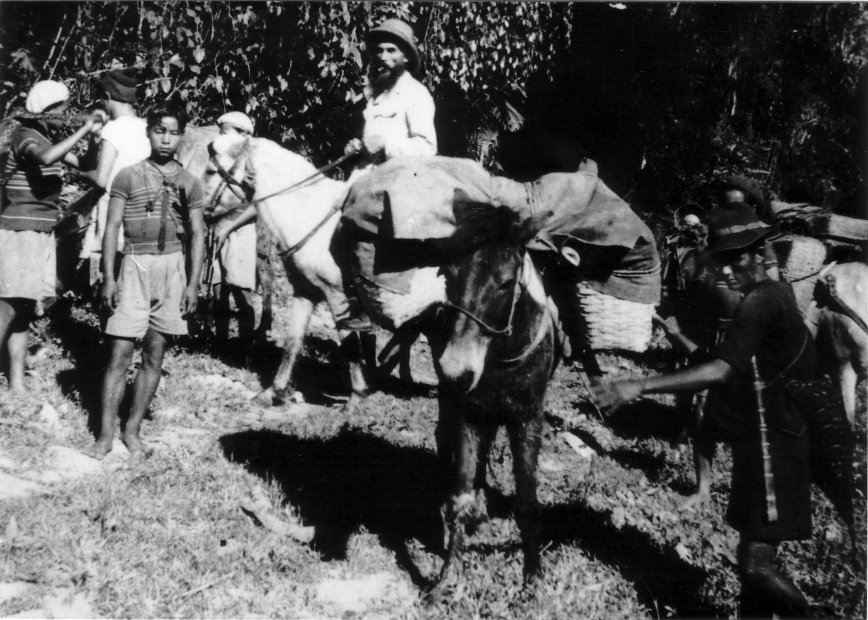
March 1924
He reached Kengtung, after a journey of 14 days on horseback. In May he was sent to Mongping as coadjutor. On October 27th he arrived at Monglin after a six days’ journey on horseback.
1925 / 1936
Six brother-missioners died from tropical diseases.
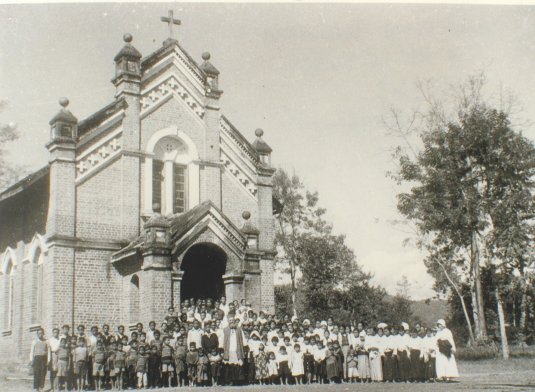
1927
He started the building of the first brickwork church in Monglin.
1928
He built his own house of bricks.
1935
After the completion of the hospital, Monglin is considered the best missionary district.
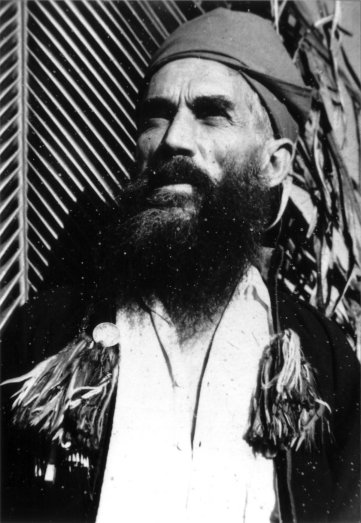
June 1941
He was interned together with the older missioners in Kalaw.
April 16th, 1942
He and his co-missioners were liberated by the English. In August he returned to Monglin, which was occupied by the Japanese, so he was forces to retreat to the mountains with the nuns and the orphans.
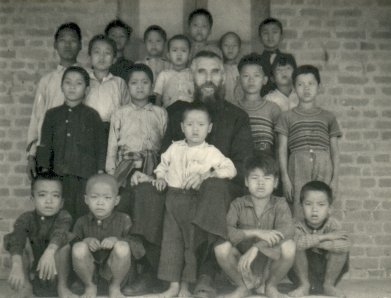
1944
He resumed control of the mission.
1950 / 1955
Four brother-missioners were killed.
1955
He was transferred to Mongping, to help out the mission in difficulty.
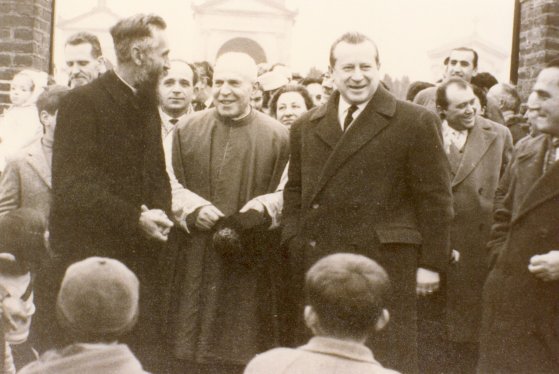
January 30th /
December 24th, 1957
He returned to Italy.
December 1958
He survived an attack by the Chinese KMT.
1960
He built the orphanage in Mongping.
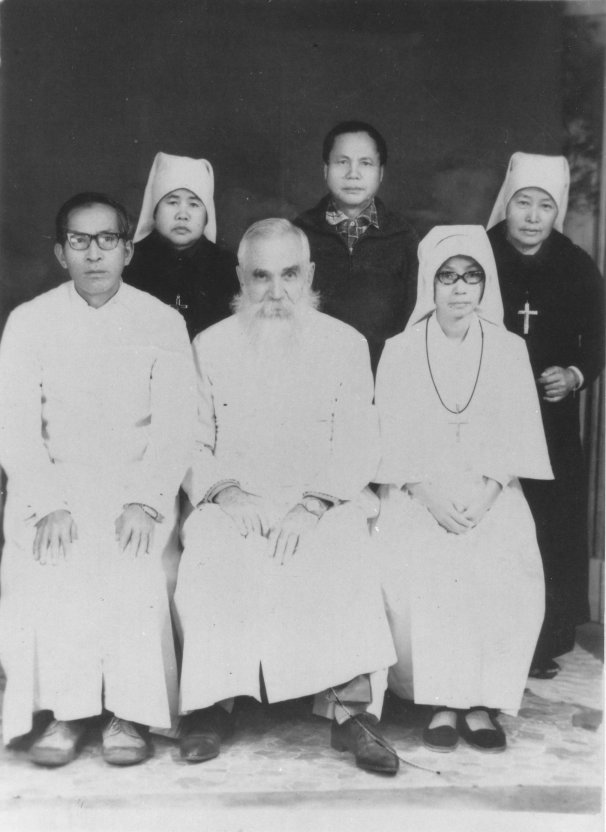
1961
Buddhism was declared the state religion and on April 10th father Stefano Vong, the first native priest to die, was killed.
March 2nd, 1962
After a coup d’ètat the country was governed by a military dictatorship. In that same year Clemente Apha, one of father Clemente’s orphans, was ordained priest and sister Clementina Aciò, took the veil.
1964
The military government decided not to allow re-entry to missioners who left the country for whatever reasons.
April 1st, 1965
The government confiscated the mission’s high school and on July 12th also the hospitals and primary schools.
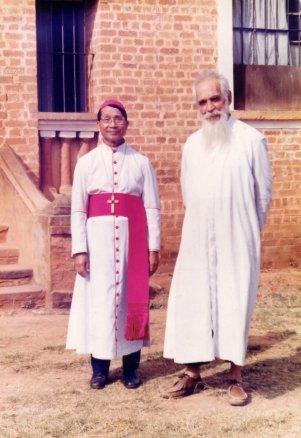
January 1st, 1966
262 missioners and nuns, who had arrived in Burma after the declaration of independence, were expelled.
May 11th, 1969
Mgr. Abraham Than was appointed new bishop of Kengtung.
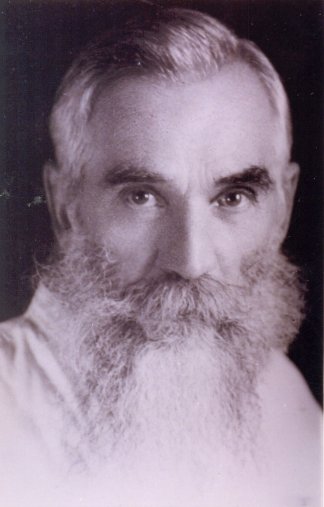
1970
Father Clemente was the oldest missioner in Burma.
1970
As the life of missioners in Burma was no longer safe, the Superiors of PIME asked their brother-missioners if they wanted to remain there.
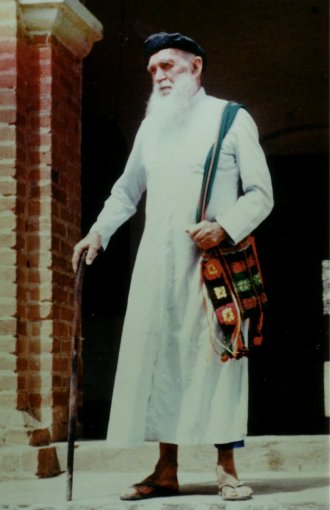
1976 / 1979
Four native catechists and one of the missioners died from gunshot wounds.
June 15th, 1988. 08.15 pm
He died in Mongping with the comfort of the Holy Sacraments and the presence of the bishop, leaving more than 250 orphans.
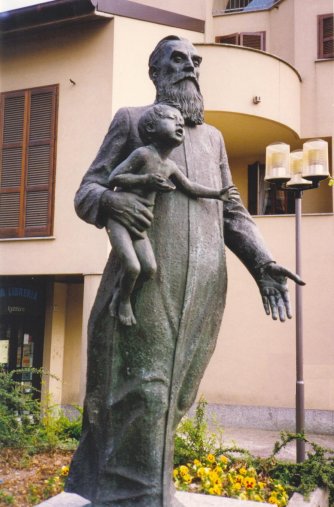
March 25th, 1990
Inauguration, in the church square of Agrate, of the monuments dedicated to Father Clemente and all the local missioners.
October 18th, 1996
Cardinal Martini opened the Cause of Canonisation in Agrate.
October 17th, 1998
The Diocesan Cause was closed.
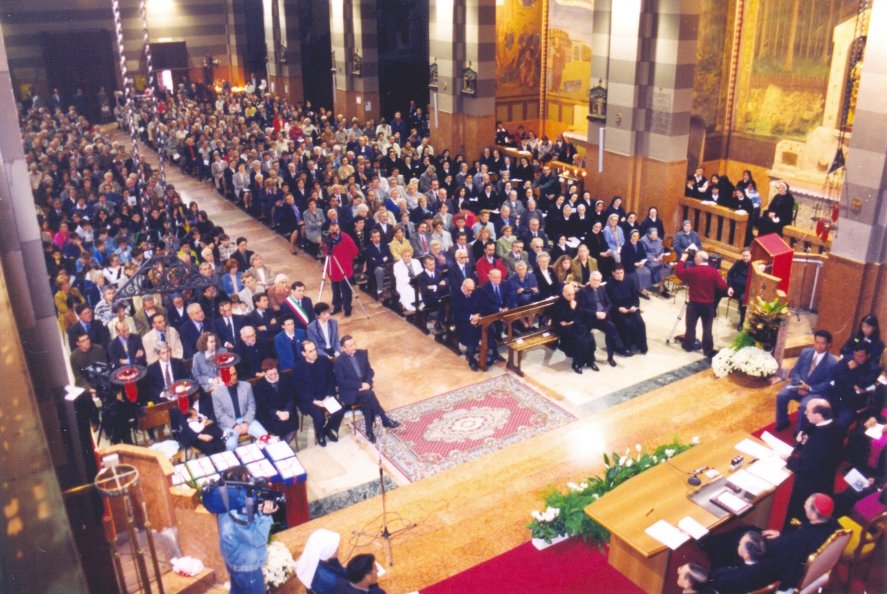
April 2nd, 2011
Pope Benedict XVI authorised the Congregation to issue the Decree regarding a miracle attributed to the intercession of the Venerable Servant of God Clemente Vismara, priest of the Pontificial Institute of Foreign Missions (P.I.M.E.).
June 26th, 2011
Celebration of the Beatification at Milan Cathedral, presided by His Eminence Cardinal Angelo Amato, Papal Legate, and by His Eminence Cardinal Dionigi Tettamanzi.